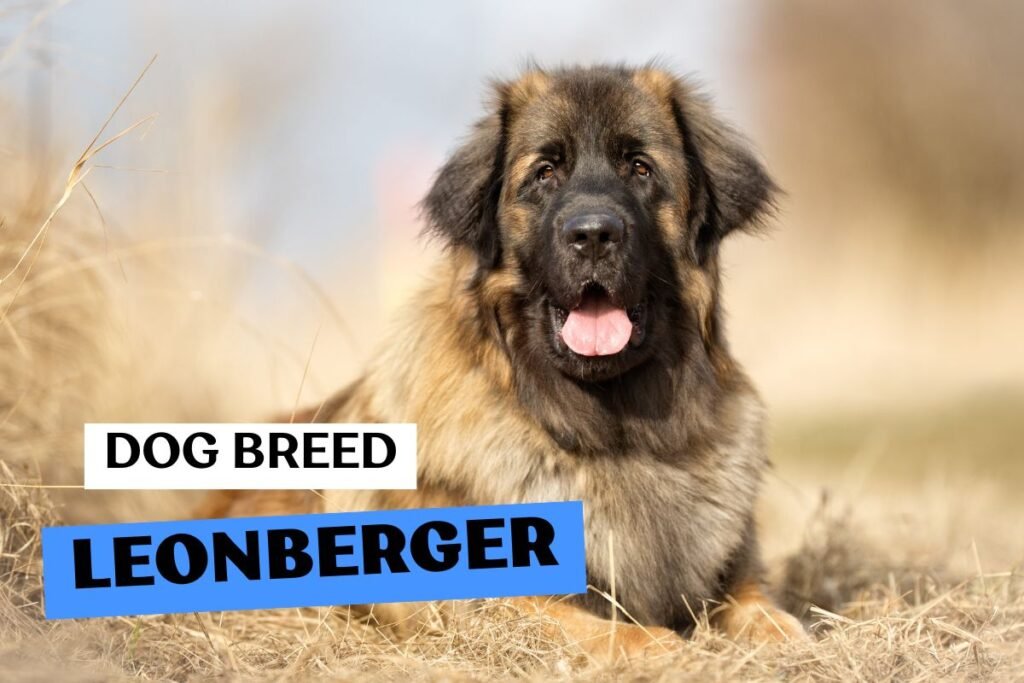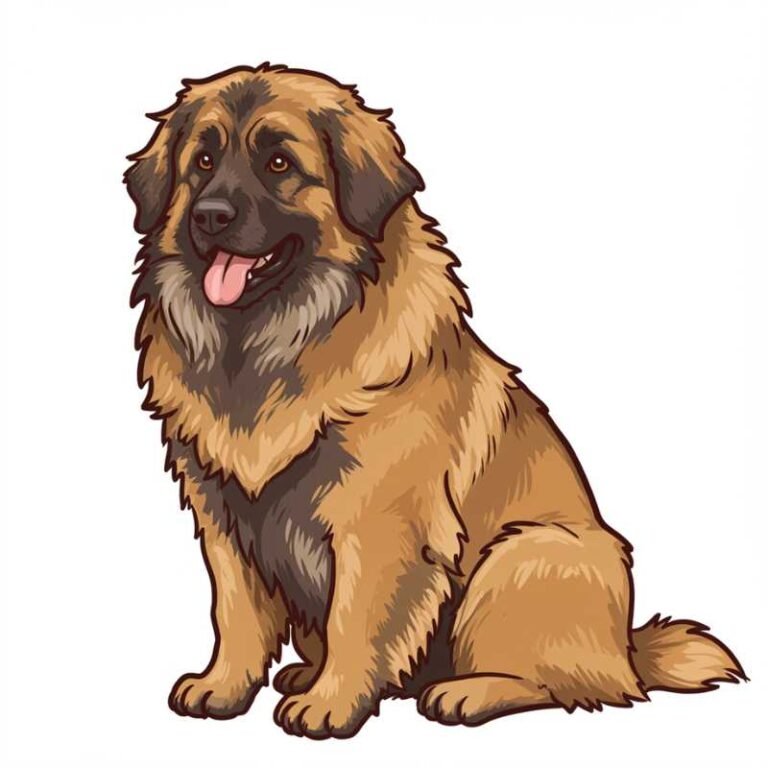
The Leonberger is a majestic and gentle giant, bred in Germany to resemble a lion and serve as an all-purpose working dog and noble companion. Known for their calm temperament and great affection toward family, Leonbergers are especially patient and gentle with children, often called “gentle giants.”
Their thick, luxurious double coat requires regular brushing (at least a few times a week) to prevent mats and manage heavy seasonal shedding. While intelligent and eager to please, Leonbergers can be slow to mature and may need extra patience during training. They benefit from daily moderate exercise, socialization, and time spent close to their people.

We use cookies to ensure you have the best experience, improve functionality and performance, personalize ads, and analyze traffic. By clicking ‘Allow,’ you agree to our use of cookies. For more information, visit our Privacy Policy.